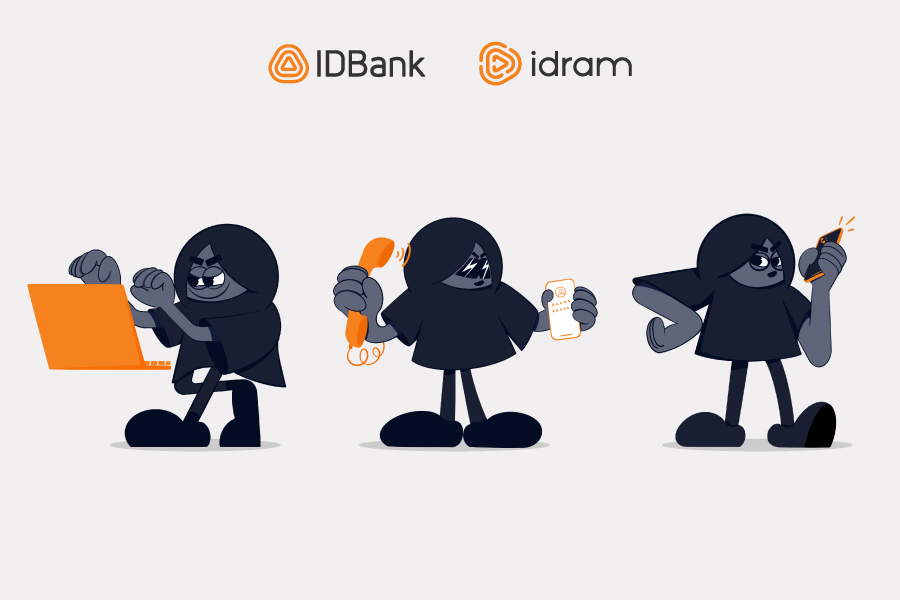
One of the most common fraud schemes is phone calls: how to protect yourself
Unfortunately, fraudsters are constantly evolving their schemes, coming up with increasingly “ingenious” ways to obtain people’s e-wallet passwords and card details. One of the most common methods today is phone fraud.
How do fake phone calls work?
Often, fraudsters who are not yet “skilled” in such scams call from phone numbers registered in various countries — which is already an important signal not to answer and to stay alert.
However, there are also more advanced groups of fraudsters who can fake Armenian phone numbers — even your bank’s number. If you have the bank’s phone number saved in your contacts, you might even see the bank’s name on your screen during the call. But this is where the real danger begins: even in this case, it’s crucial to stay cautious and never share any personal information.
The person who appears on the line begins to convince you with alarming claims like: “Your accounts have been hacked, fraudsters are trying to extort money or issue a loan, and we are trying to prevent this. To do so, you need to give us the front and back data of your bank card, the application password,” or they may say that you need to provide the code sent to your phone — which is, in fact, the code to confirm a loan application. If shared, a loan will immediately be issued in your name.
Always remember: no bank employee will ever ask for such highly personal data — including your bank card information, SMS code, electronic wallet password, or similar sensitive details.
Even if the call appears to come from your bank’s phone number and the name is displayed on your screen, hang up immediately and call your bank directly using the official contact information to verify the call.
IDBANK IS SUPERVISED BY THE CBA
